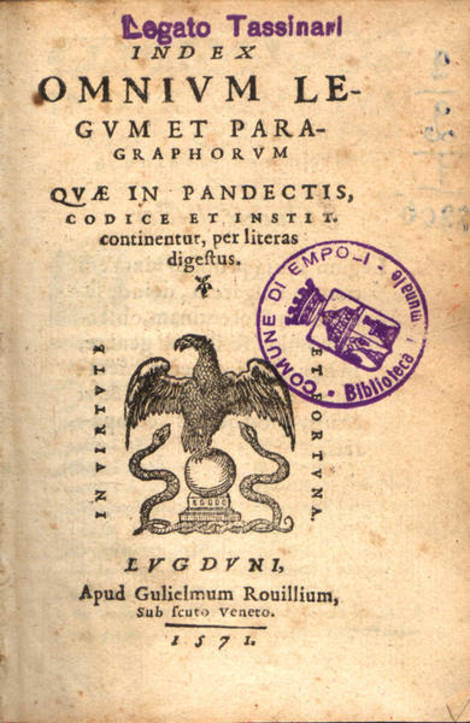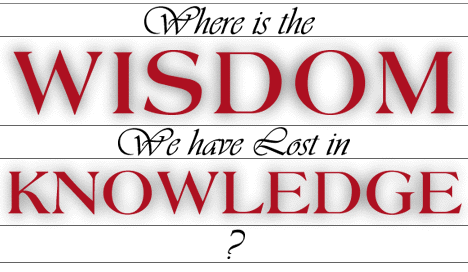[ the main page ]
![]()
The two Ancient Greek traditions – the first one is revived, the time came to revive the second tradition and make it innovative
[ the main page ]
![]()
The two Ancient Greek traditions – the first one is revived, the time came to revive the second tradition and make it innovative
Out of two great traditions which were born in Greece about 2,5 thousand years ago
the first one is – the Olympic Games was revived about 100 years ago.The time came to revive the second Greek born tradition is - Dialectic Symposium - disambiguation. 
It was ended by the Edict of the last Roman emperor Justinian I, who in 529 AD together with Roman-Greek paganism prohibited the teaching in Athens Academy of Plato, which was placed under strict state control, effectively strangling this training-school for Hellenism. He closed all the philosophical schools of Athens and banished their teachers to Persia. Thus, together with paganism all those brilliant ideas of dialectical Classical Philosophy were buried for the Humanity for long centuries and did not recover fully until nowadays. Since that time the large part of the Humanity was obliged to forget the teachings of the Dialectics and many generations started and had to live on the basis of the Codex Justinianus I. The Codex Justinianus (Code of Justinian, Justinian's Code) was the first part to be completed on April 7, 529. It collects the constitutiones of the Roman Emperors. The compilers of the code were able to draw on earlier works such as the official Codex Theodosianus and private collections like the Codex Gregorianus and the Codex Hermogenianus. The emperor was an absolute monarch, considered indeed God's regent on earth, answerable only to God, and consequently his legislative, executive and judicial powers were unlimited and accurate throughout. Due to legal reforms by Justinian himself, this work later needed to be updated, so a second edition of the Codex (the so-called "Codex repetitae praelectionis") was issued in 534, after the Digest. The social order is shown in the later Empire. According to Justinian, the Codex regulated all human and divine affairs and laws from the time of the foundation of Rome by Romulus and Remus into a clear system that was not confusing to the public. The emperor also removed repetitive or iniquitous laws, in order to “afford all men the ready assistance of true meaning.” Legislation about religion. Numerous provisions serve to secure the status of Orthodox Christianity as the state religion of the empire, uniting Church and state, and making anyone who was not connected to the Christian church a non-citizen.

Laws against heresy. The very first law in the Codex requires all persons under the jurisdiction of the Empire to hold the holy Orthodox (Christian) faith. This was primarily aimed against heresies such as Arianism. This text later became the springboard for discussions of international law, especially the question of just what persons are under the jurisdiction of a given state or legal system. Laws against paganism. Other laws, while not aimed at pagan belief as such, forbid particular pagan practices. For example, it is provided that all persons present at a pagan sacrifice may be indicted as if for murder. Paganism (from Latin paganus, meaning "country dweller", "rustic") is a blanket term used to refer to various polytheistic, non-Abrahamic religious traditions. Its exact definition may vary. It is primarily used in a historical context, referring to Greco-Roman polytheism as well as the polytheistic traditions of Europe before Christianization. In a wider sense, extended to contemporary religions, it includes most of the Eastern religions, and the indigenous traditions of the Americas ("Shamanism"), Central Asia, Australia and Africa, as well as non-Abrahamic folk religion in general. More narrow definitions will not include any of the world religions and restrict the term to local or rural currents not organized as civil religions. Characteristic of pagan traditions is the absence of proselytism and the presence of a living mythology, which explains religious practice. By his Edict Justinian I placed the classical Philosophy on the same footing as heresy and paganism and due to this since then the Humanity lost WISDOM and MORALITY as prime values in human life. And they do not exist as prime values until now. 
The Humanity has now many common questions to discuss and many vital problems to solve in order to survive. But without WISDOM and MORALITY as prime values it is impossible to solve vital world problems. The time came to revive the second ancient Greek tradition of Dialectic Symposiums – Philosophical Forum, based on WISDOM, REASON and Morality, to transform it into innovation, and to start to solve with its help vital problems of the Humanity of nowadays. There is no other reasonable alternative for Mankind until it is too late. WISDOM and MORALITY should be returned to Humanity and innovated! Thus the Edict of Justinian I of 529 AD MUST be ABROGATED formally and in everyday practice!!!
The WORLD PHILOSOPHICAL FORUM is the first step to start this abrogation.

![]()
[ the main page ]